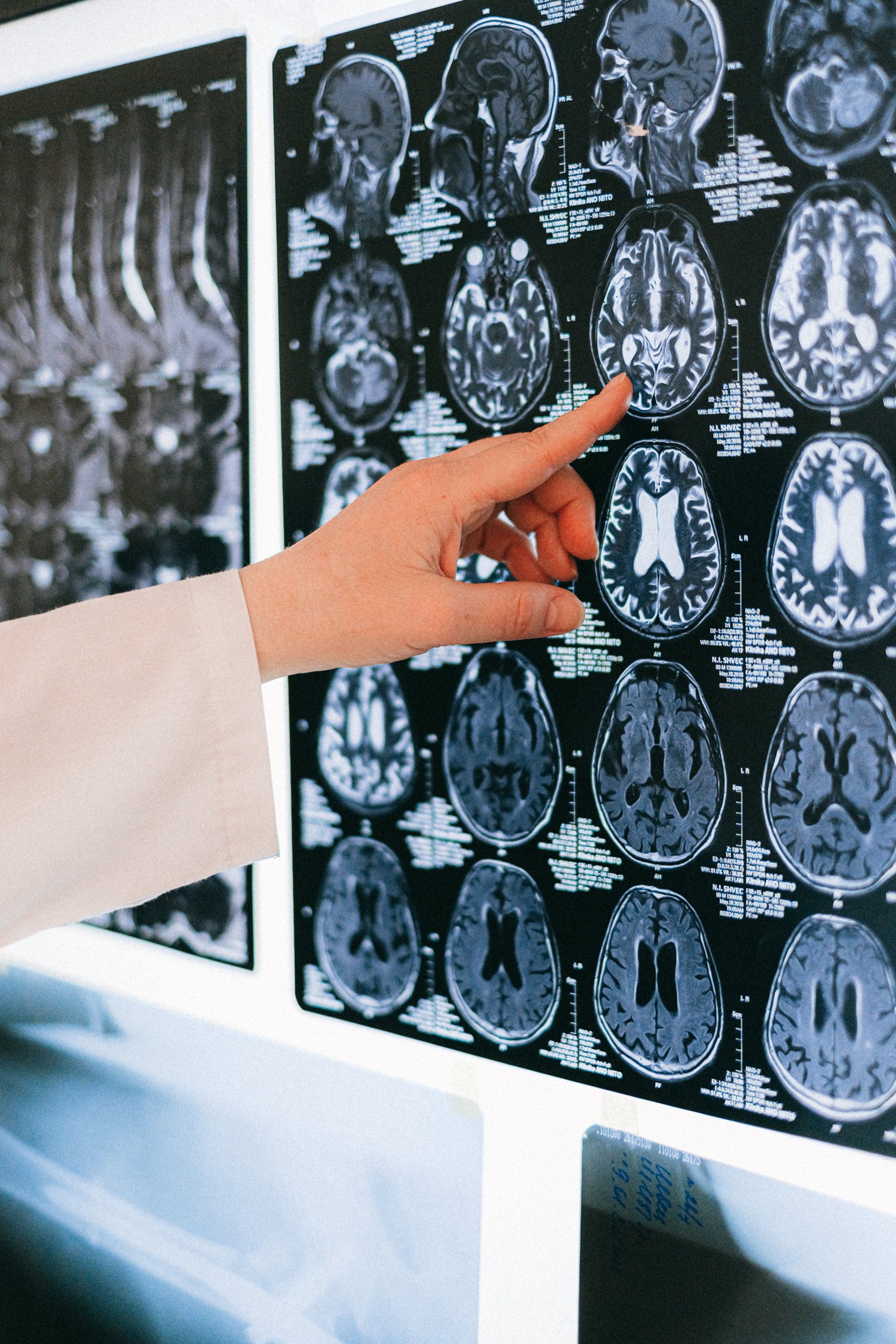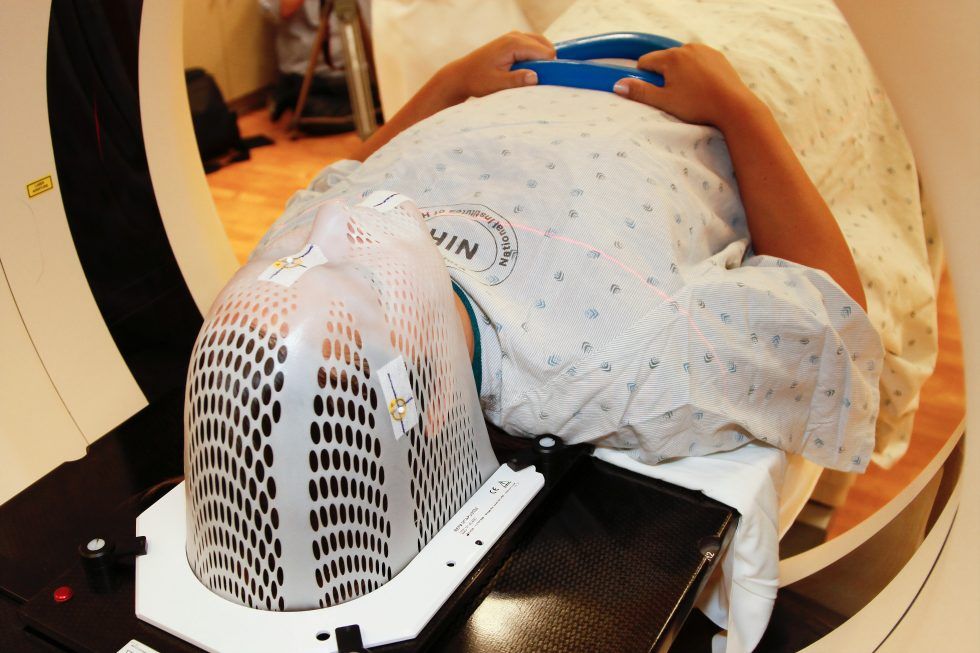Ways to Begin Recovering From a TBI
Suffering from a traumatic brain injury (TBI) is a life changing event. No matter how serious the injury may be, there will be a recovery period that can be rather intensive and invasive. It is important to know how to successfully begin that process and to learn how to life with an injury that may or may not dissipate over time. If you or a loved one has recently suffered such a brain injury, it is important that you know some of the ways to begin recovering from a TBI. Continue reading to learn more about how to do this.
MRI’s Do Not Always Reveal Everything
Many people with a TBI make the mistake of taking a clean MRI to mean that they are in the clear. In reality, an MRI is only one test to measure the presence or severity of a traumatic brain injury. If you feel that there is something wrong with you, or something just does not seem right, you need to make sure that your doctor knows this. You will want your health professional to know to keep looking for the injury, regardless of what the MRI may or may not show.
Symptoms May Change Over Time
You should be aware that the symptoms of a TBI may change over time, even day to day. In fact, one day you may feel perfectly fine only to be hit by massive migraines over the next week. You may test negative for one symptom, only to discover a week later that you had it all along. This means that you will be subject to numerous tests in the initial stages of your TBI recovery. Keep in mind that that each test is designed to help your doctors better diagnose the extent of your injury and provide you with the best treatment possible.
No Symptom is Too Minor to Talk About
You may quickly grow tired of talking about all of the various symptoms that you have following a TBI. However, it is important that you always talk about any symptom, no matter how minor it might appear to you. Your physician cannot always see what is happening with you. It is important to let the doctor know exactly what you are feeling at all times. You never know which symptom will provide your healthcare professional with the knowledge that they need to hasten the recovery process.
Rest is What You Need
You may quickly grow tired of everyone around you encouraging you to take it easy, but that is exactly what you need to do. The brain is one of the most vital organs in your body. No matter how severe the injury might be, you will need to provide your brain with the rest that it needs to begin the recovery process. This means that you need copious amounts of rest. If at all possible, assemble a support time around you that can help you with routine household and family tasks so that you can focus on getting the rest that your brains needs during this time.
Conclusion
These are just a few of the many ways that you can begin recovering from a traumatic brain injury. The road ahead might be long, but it can be conquered if you will remain focused and methodical in your approach. It is important to know what is coming so that you will know how to conquer it in the end. Lean on your family, friends, and healthcare team to provide you with the support that you need.














